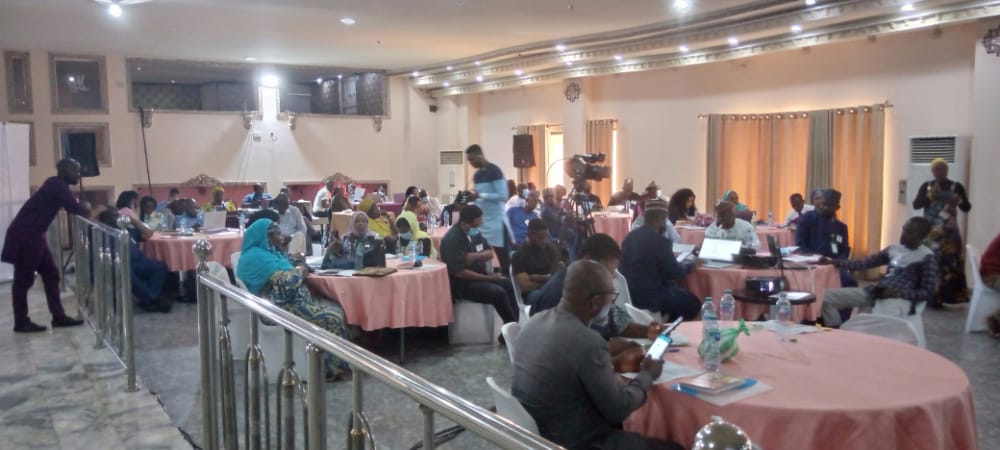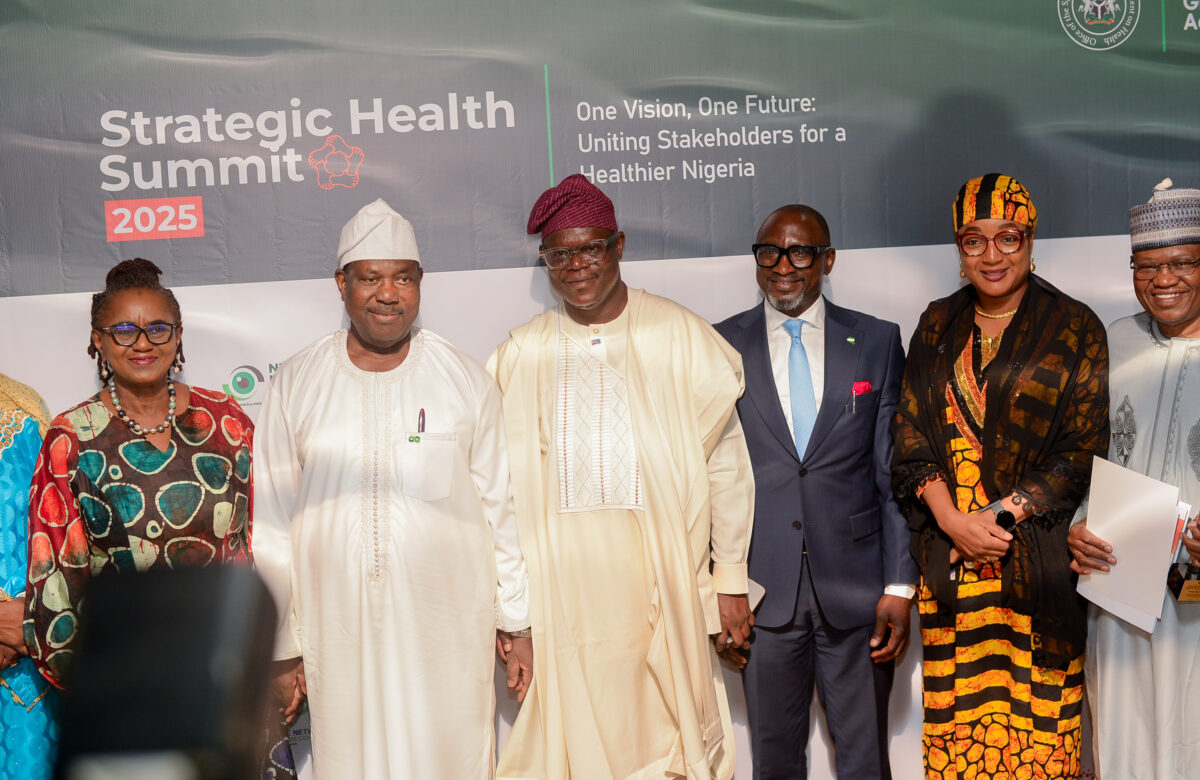
LISDEL COLLABORATES TO ENHANCE ACCOUNTABILITY OUTCOMES FOR HEALTH FINANCING AND BHCPF IN NIGERIA
- Health SectorHealth SecurityHuman Capital Development (HCD)SPAG Projects
- No Comment
- 874
Accountability features prominently in all development interactions, either as a key function or outcome, it is often called for as an element in improving health system performance. The extent to which actors interact in governance, as well as the institutional, bureaucratic and social factors that influence these interactions, all work together to ensure health system accountability.
The Nigerian National Health Act proposes a radical shift in health financing in Nigeria through the establishment of a fund – Basic Healthcare Provision Fund, (BHCPF). This Fund is intended to improve the functioning of primary healthcare in Nigeria. Key stakeholders at national, sub-national and local levels have raised concerns over the management of the BHCPF with respect to the roles of various stakeholders in ensuring accountability for its use, and the readiness of the implementers to manage the fund and achieve its objectives.
To raise the accountability bar for health sector financing including the BHCPF towards achieving Universal Health Coverage (UHC), the Legislative Initiative for Sustainable Development – LISDEL partnered with the Health Sector Reform Coalition (HSRC), Health Reform Foundation of Nigeria (HERFON), the World Health Organization (WHO), Development Governance International (DGI) Consult, Africa Health Budget Network (AHBN) and other partners to discuss the need to generate a consolidated accountability framework for health financing and BHCPF in Nigeria.
The two-day workshop held on the 17th and 18th of May, 2022 organized to harness experiences from existing accountability initiatives in the health sector and forge consensus on the essential elements of the BHCPF accountability frameworks including the institutional arrangements for coordinating the BHCPF accountability-related activities.
Mrs. Juliana Abude-Aribo, the Executive Director of LISDEL in her comment during the opening ceremony emphasized the need to hold actors in the sector accountable for their actions and inactions and urged participants to be committed and ensure that the accountability framework to be developed during the process is operationalized to achieve UHC.
Dr Francis Ukwuije of the WHO highlighted various support of the organization towards health systems strengthening in Nigeria and reiterated WHO’s further commitment to improve Nigeria’s health outcomes.
Dr. Uzoma Nwankwo, Head & Team Lead, Healthcare Financing Equity and Investment, Federal Ministry of Health (FMoH) in his presentation underscored the importance of adequate funding and public investment in health. Dr Gafar Alawode, the Managing Partner of the DGI Consult was however of the opinion that in achieving efficiency for health investment to get more health for the money spent, it is very important to raise the accountability bar in the health sector.
Various stakeholders including the HSRC, LISDEL, Kaduna State Maternal Accountability Mechanism (KADMAM) and Africa Health Budget Network (AHBN) while sharing their experiences from the development and implementation of various accountability mechanisms all emphasized the difficulty of accessing information and data as key a challenge to achieving the objectives of any accountability framework.
For ease of implementation, and ensuring that efforts are not duplicated, Dr Dogara Okara of the FMoH Ministerial Oversight Committee of the BHCPF supported a unified accountability framework in the sector which should be accessible by all relevant stakeholders to hold actors responsible for health processes and outcomes. He also presented the BHCPF Accountability Framework as enshrined in the Implementation Guideline.
Stakeholders during the workshop identified other elements that should form part of the BHCPF Accountability Framework as well as factors that can facilitate or inhibit successful accountability mechanisms.
A key outcome of the workshop is the development of a unified accountability framework, validated by all the relevant stakeholders to enhance the successful implementation of health sector initiatives.
Contributed by Augustina Udoji (LISDEL)



